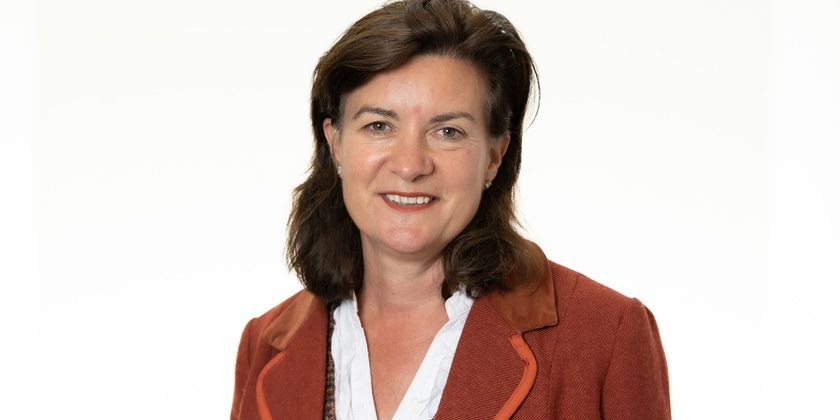JCVI recommends offering covid vaccine to children ages 12 -15 years with specific underlying health conditions

The Joint Committee for Vaccination and Immunisation (JCVI) has today issued advice on offering the coronavirus vaccine to children and young people aged 12 -15 years with specific underlying health conditions.
This means the clinically extremely vulnerable patient group now includes young people aged 12 and over.
Young people aged 16 to 17 years of age who are at higher risk of serious COVID-19, as currently set out in the Green Book, have already been offered the COVID-19 vaccination and should continue to be offered.
Children and young people aged 12 years and over who are household contacts of persons who are immunosuppressed should be offered a COVID-19 vaccination on the understanding that the main benefits from vaccination are related to the potential for indirect protection of their household contact who is immunosuppressed. There is a self-referral form, which you will find here.
Health Minister Eluned Morgan said: “JCVI also advises that operationally, it is reasonable to allow a lead-in time to offer vaccination to those children who are within three months of their 18th birthday to ensure good uptake of vaccine in newly-turned 18 year olds.
“We will move quickly to vaccinate those turning 18 years old, including those intending to go to university.
“As a result of the low incidence and severity of COVID-19 in children and the reported safety issues, the JCVI does not currently advise routine universal vaccination of all other children and young people less than 18 years of age. I am aware there have been calls for children to be vaccinated to prevent them getting post-acute COVID-19 syndrome (long COVID).
“Covid rates in children are relatively low and there is still limited information about the overall direct effects of the virus on them. However, studies are emerging which show that this risk is very low in children, especially in comparison with adults, and similar to the secondary health complications of other respiratory viral infections in children.
“My officials remain in close contact with the Royal College of Paediatrics and Child Health on this matter and have established a group to consider the impacts of Long Covid on both adults and children and co-ordinate the wide ranging response needed. The group includes children’s policy leads as well as clinical and research colleagues.
“The group has just committed to establishing a sub-group, chaired by Dr Mark Walker, to consider the establishment of a paediatric care pathway for use with children with Long Covid in Wales.”
The minister has also outlined changes to self isolation for those who have been double vaccinated.
Ms Morgan said: “Turning to self-isolation, as the First Minister set out on 14 July, it has been agreed that, from today, all adults who are fully vaccinated with NHS COVID-19 vaccines and under-18s, do not have to self-isolate on their return from amber-list countries.
“The exception to this is France, from where on arrival people will continue to be required to self-isolate for 10 days, even when fully vaccinated. This is because of concerns about the Beta variant which is understood to more easily evade our vaccines. Fully vaccinated means that two weeks have passed since you have had your final dose of an approved vaccine under the UK vaccination programme, are taking part in formally approved COVID-19 vaccine clinical trials, or under the age of 18 and resident in the UK.
“In addition, during August we will remove the requirement for people who have been fully vaccinated to self-isolate if they are a close contact of someone who has tested positive. Self-isolation will continue to play a very important role to help minimise the spread of the virus.
“There will be additional safeguards in place for people who work in health and social care settings. We will consider as part of the next three week review of the regulations other potential exemptions, such as for those under the age of 18.
“We are still receiving a lot of queries about vaccine certification and some vaccines not being recognised by certain countries for entry. As outlined in my written statement last week, I would like to reiterate that all AstraZeneca vaccines given in the UK appear on the NHS COVID Pass as Vaxzevria.
“The EMA has authorised this vaccine and travel should not be affected. Where there is a misunderstanding with individual countries, the UK Government has agreed to discuss the integrity of the vaccines directly with the relevant Government.”
Spotted something? Got a story? Email [email protected]












